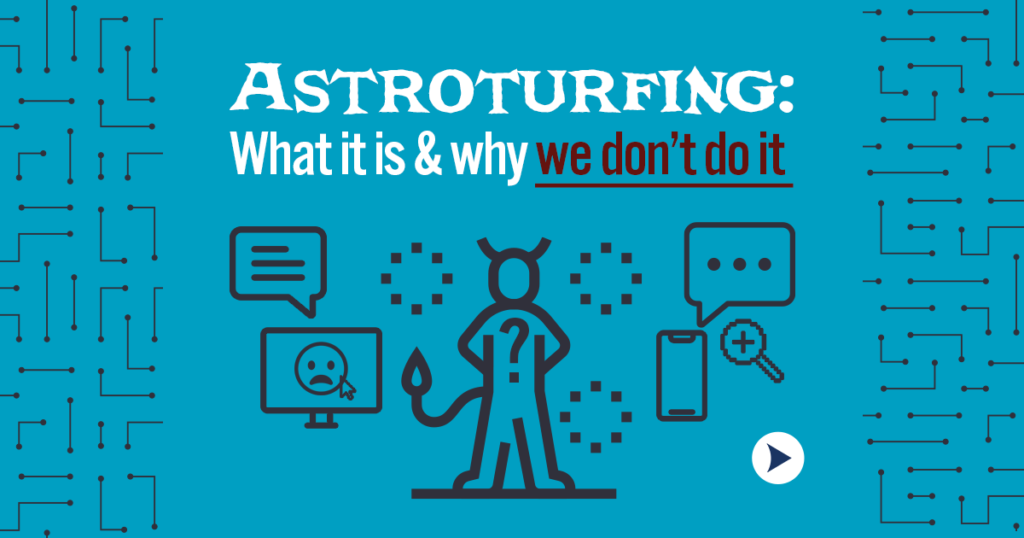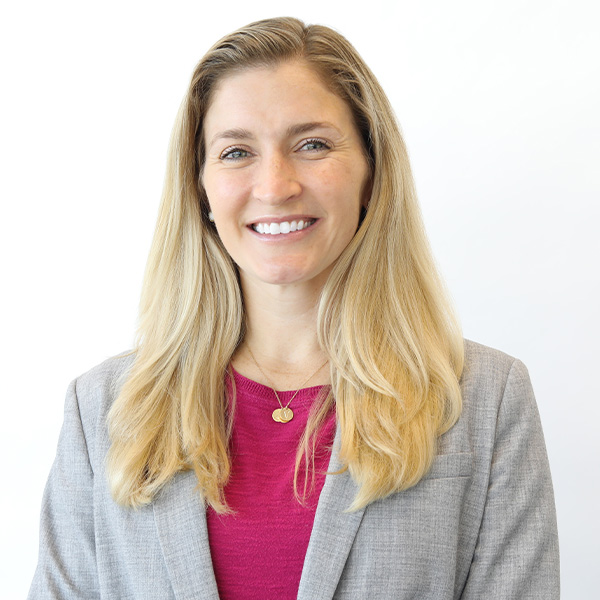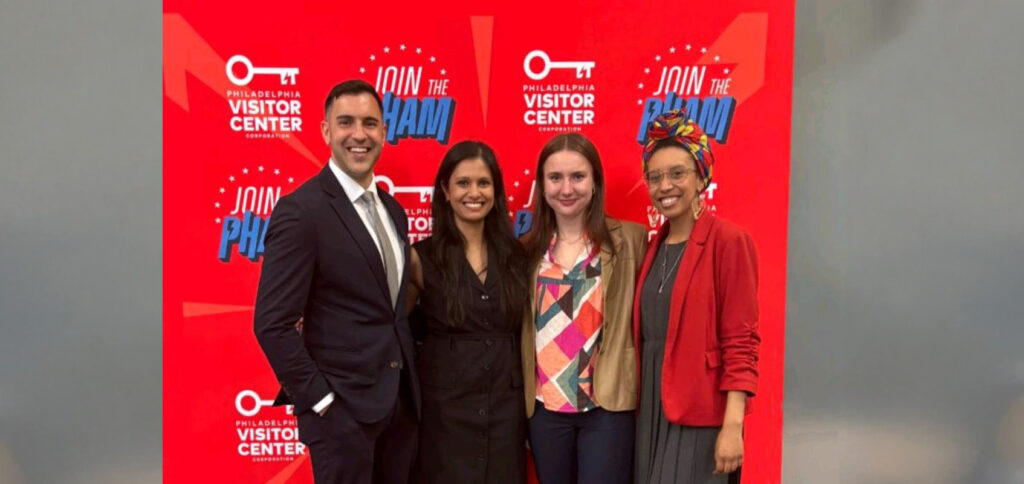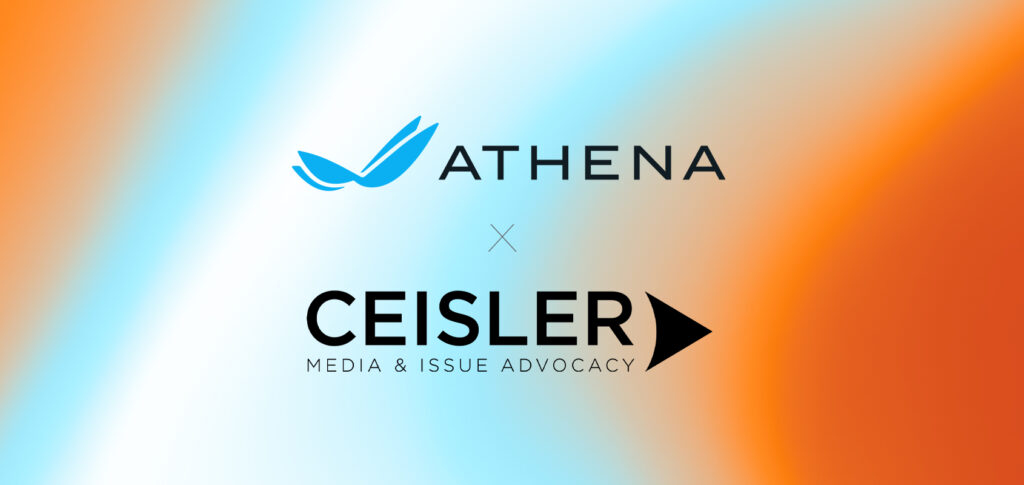
Why Astroturfing is bad PR – and bad for PR
I admit I read the Colleen Hoover book “It Ends with Us.” I saw the movie… Thought it was okay, but what has played out since I left the theater has been way more dramatic.
In December, four months after the movie opened and the disastrous press tour commenced, Blake Lively, the film’s star, accused Justin Baldoni, her co-star and director, of sexual harassment and orchestrating a smear campaign against her to hide his alleged abusive actions.
Lively’s complaint accused Baldoni and the PR firm he hired of astroturfing. Astroturfing is defined as “an organized activity that is intended to create a false impression of a widespread, spontaneously arising, grassroots movement in support of or in opposition to something (such as a political policy) but that is in reality initiated and controlled by a concealed group or organization (such as a corporation),” according to Merriam-Webster.
How Astroturfing works
This feud has taken the internet by storm. Now that the public has learned about the somewhat polarizing public relations practice of astroturfing, people need to understand not all PR practices are created equal.
Lively’s complaint alleges that in order to damage her reputation and distract from the sexual-harassment allegations, Baldoni and his PR team employed “social manipulation” and “full social account take downs” along with getting negative stories published and amplified. Lively’s suit claims: “Millions of people (including many reporters and influencers) who saw these planted stories, social media posts, and other online content had no idea they were unwitting consumers of a crisis PR, astroturfing, and digital retaliation campaign.”
Baldoni then spent New Year’s Eve suing The New York Times for libel in response to its article about Lively’s allegations. The publication has so far stood by its reporting.
HOW TO SPOT ASTROTURFING
- You’re seeing old content resurface in your social media feeds from accounts you’ve never heard of and don’t follow
- All the comments on a blog post or social media post share the same opinion or tone
- Commenters’ social media profiles have no personal posts or photos, and no geographic references
- Supporting source material is anonymous or unverifiable
- Websites and other properties that appear to be separate entities link back to each other and/or are owned and funded by the same group
How Ceisler Media helps clients advocate for issues
At Ceisler Media, we don’t astroturf. We put in the work and seek out and build genuine grassroots support for our clients. We aren’t in the business of deception or orchestrating fake support. And we certainly never take part in social manipulation. Our firm’s values drive our work. One of our top values is to have integrity and transparency in our approach to everything we do.
Advocacy is one of the many services we offer clients. When supporting grassroots campaigns, Senior Vice President Kurt Knaus summed up what we do best: “we identify supporters, build a coalition of stakeholders, work with them to develop a message and deliver it to the right audience at the right time, and we keep them unified and engaged throughout the process.”
We do this by designing campaigns that use the appropriate tools to achieve a client’s goal:
- earned media (pitches, op-eds)
- owned media (blogs, newsletters, social media channels)
- informative materials ( press releases, reports, fact sheets)
We leverage our network across multiple industries, engage with the community and give voice to the campaign using the right messaging strategies. Read about some of our advocacy wins, including when we built a coalition and developed a media strategy that resulted in one of the first windfarm referendums passed in the U.S.
As the fight against fake news and misinformation continues, astroturfing is especially reckless. It hurts the credibility of both the client and the firm involved. It leaves the communication professionals who utilize this approach with serious reputation issues of their own.
The hard work gets done when you organize real people around issues that matter.

Dennille Schuler is a Community and Media Relations Specialist for Ceisler Media & Issue Advocacy



